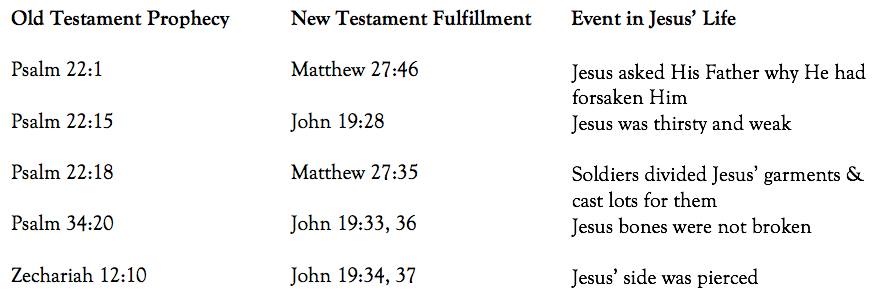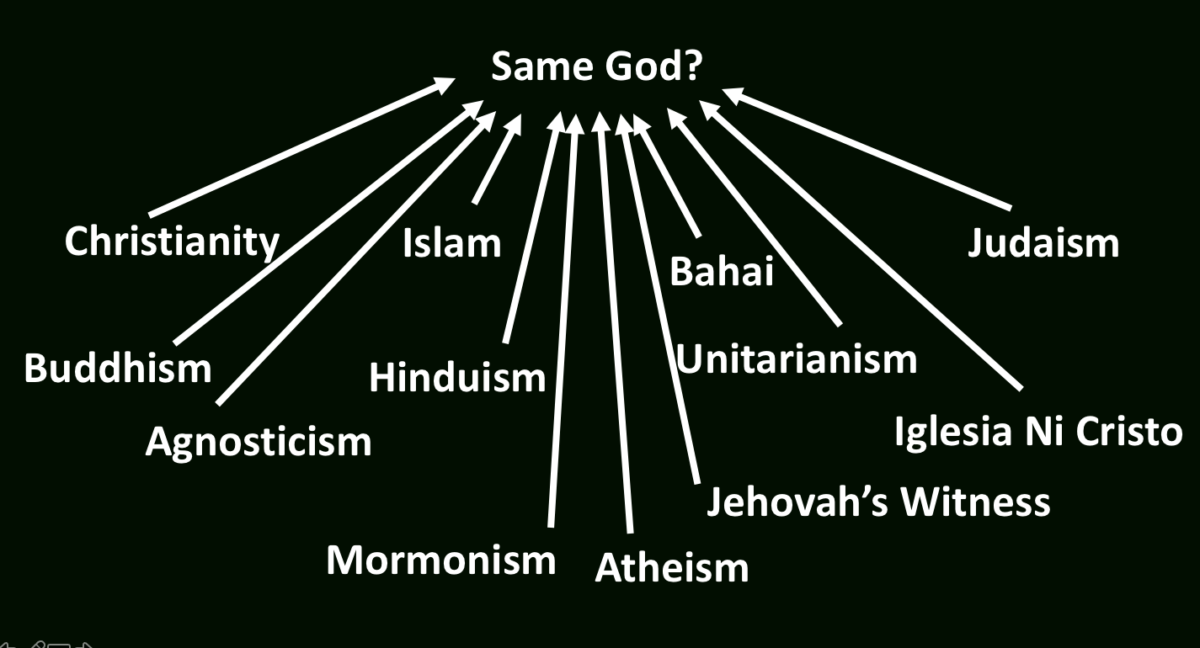“You shall offer a burnt offering as a sweet aroma to the Lord: one young bull, one ram, and seven lambs in their first year, without blemish.” Numbers 29:2
To prepare the new generation of Israelites to enter the land of Canaan, God gave instructions concerning all the “offerings” or sacrifices that the priests were to make in a year for the whole nation (28:1-29:40). One of the main emphases found in these instructions is that the animals to be sacrificed must be “without blemish” (28:3, 9, 11, 19, 31; 29:2, 8, 13, 17, 20, 23, 26, 29, 32, 36) as “a sweet aroma to the Lord” (28:2, 6, 8, 13, 24, 27; 29:2, 6, 8, 13, 36).
This is a beautiful foreshadowing of the perfect (“without blemish”) sacrifice of the Lord Jesus Christ (2 Corinthians 5:21; Hebrews 4:15; 1 Peter 3:18) who was and is fully God and fully Man (cf. John 1:1, 14). His death on the cross was “a sweet aroma” to God the Father whose holy demand to punish sin was satisfied (I John 2:2) so that “whoever believes in Him should not perish but have everlasting life” (John 3:16).
But you may say, “I’m religious…I go to church… I’m a good person…I help the poor… I don’t do anything that’s really bad.” These are all good, but good living, going to church, helping the poor, or any other good thing you might do, say, or think, cannot get you to Heaven. The Bible says, “All of us have become like one who is unclean, and all our righteous acts are like filthy rags” (Isaiah 64:6). God looks at the good things we do, such as attending church, being baptized, confessing our sins, and persevering in good works and sees they are all stained with sin. None of these “good things” can take away our sins. We must believe or trust in Jesus alone, and God will forgive all of your sins (Acts 10:43) and give you everlasting life (John 3:15-16).
If up till now, you have been depending on your good works or on Christ plus your good works to get you to heaven, Jesus now invites you to depend on Him and His finished work on the cross alone to get you to heaven (John 3:15-16, 36; Ephesians 2:8-9). The moment you trust in Him alone, He gives you eternal life which can never be lost (John 10:28-29), He saves you from Hell forever (Acts 16:31), and He places you in God’s family forever (John 1:12; 6:37). Jesus will also come to live inside of you through His Holy Spirit (John 14:16-17; Galatians 2:20) to give you the power to live a life that pleases Him (Romans 8:11; 2 Corinthians 5:15).





